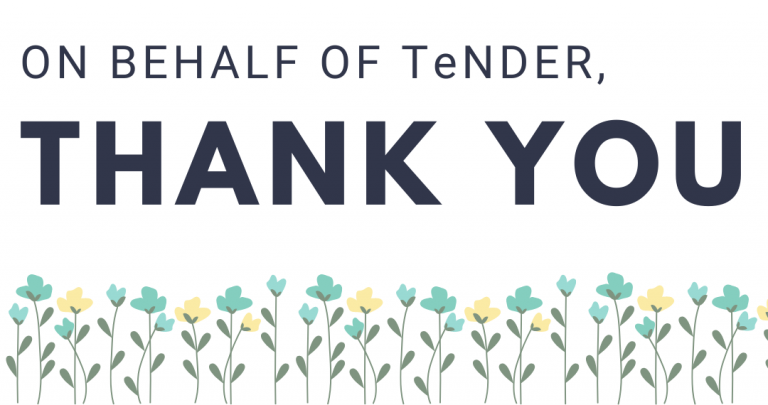
TeNDER is officially ending this week (30 April 2023). It has been a remarkable learning journey that has culminated in the successful rollout of the third wave of pilots, the identification of good practices and lessons learned, as well as a timely and thought-provoking final event on health, law, and technology (HELT) hosted by the VUB.
During the event, Nicholas Vretos from CERTH presented TeNDER’s experiences and engaged in a lively discussion with other panelists and the audience on the challenges and needs associated with interoperability in health data sharing. HOPE for provided dissemination support leading up to the event and throughout the day itself. We would like to express our gratitude to the VUB team, not only for organizing the HELT 2023 symposium, but also for their thoughtful contributions to the ethical and legal dimensions of the project, which enriched TeNDER significantly.
We would also like to extend our heartfelt thanks to all consortium members across Europe, whose hard work and commitment to a humane approach to digital assistive technologies yielded important lessons and research contributions. The project’s research papers, conference proceedings, and public deliverables are available in the public domain; the latter via this link: https://www.tender-health.eu/project/here-you-can-find-a-selection-of-the-projects-public-deliverables-as-they-become-available/. Scientific publications related to TeNDER will also be accessible via commonly used journal databases.
Finally, we would like to thank each and every one of you for sharing this journey with us. It has been a privilege to work alongside such talented and dedicated individuals: patients, clinicians, and collaborative partners among many more!

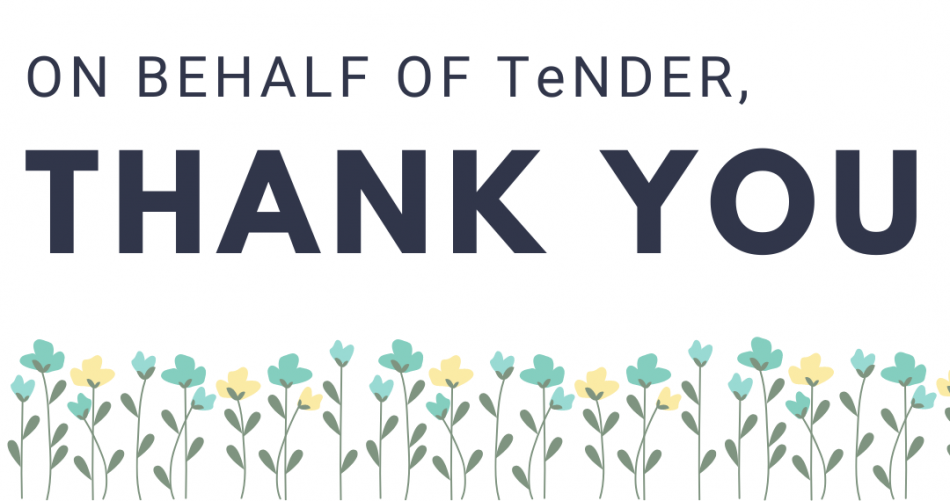

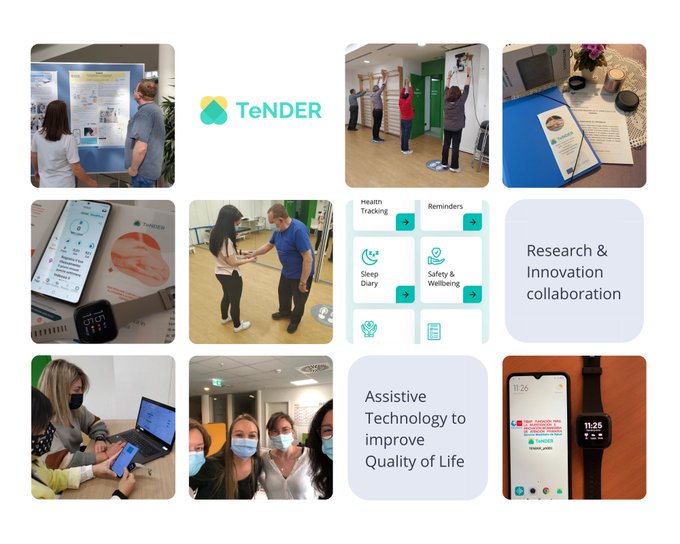
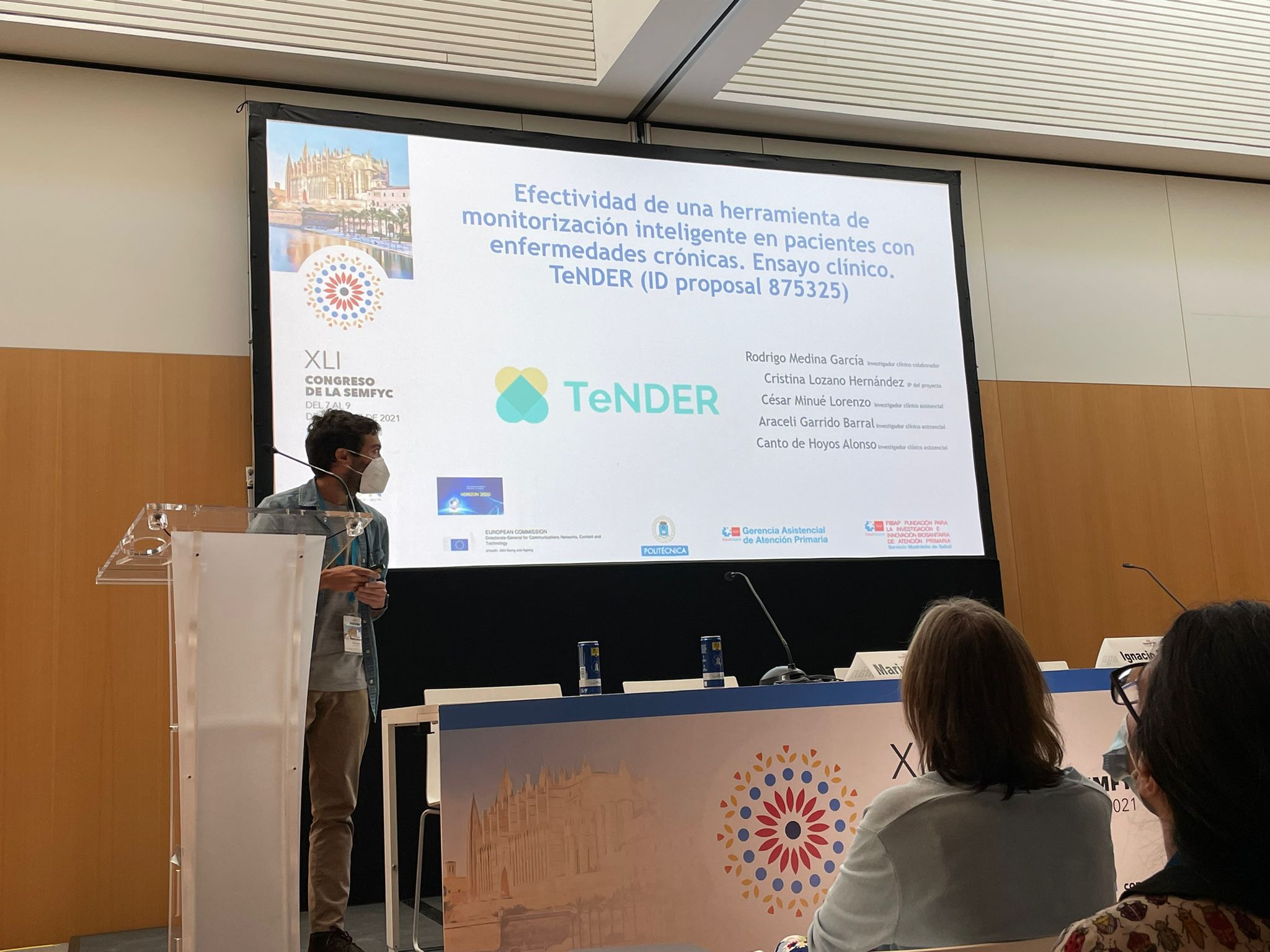
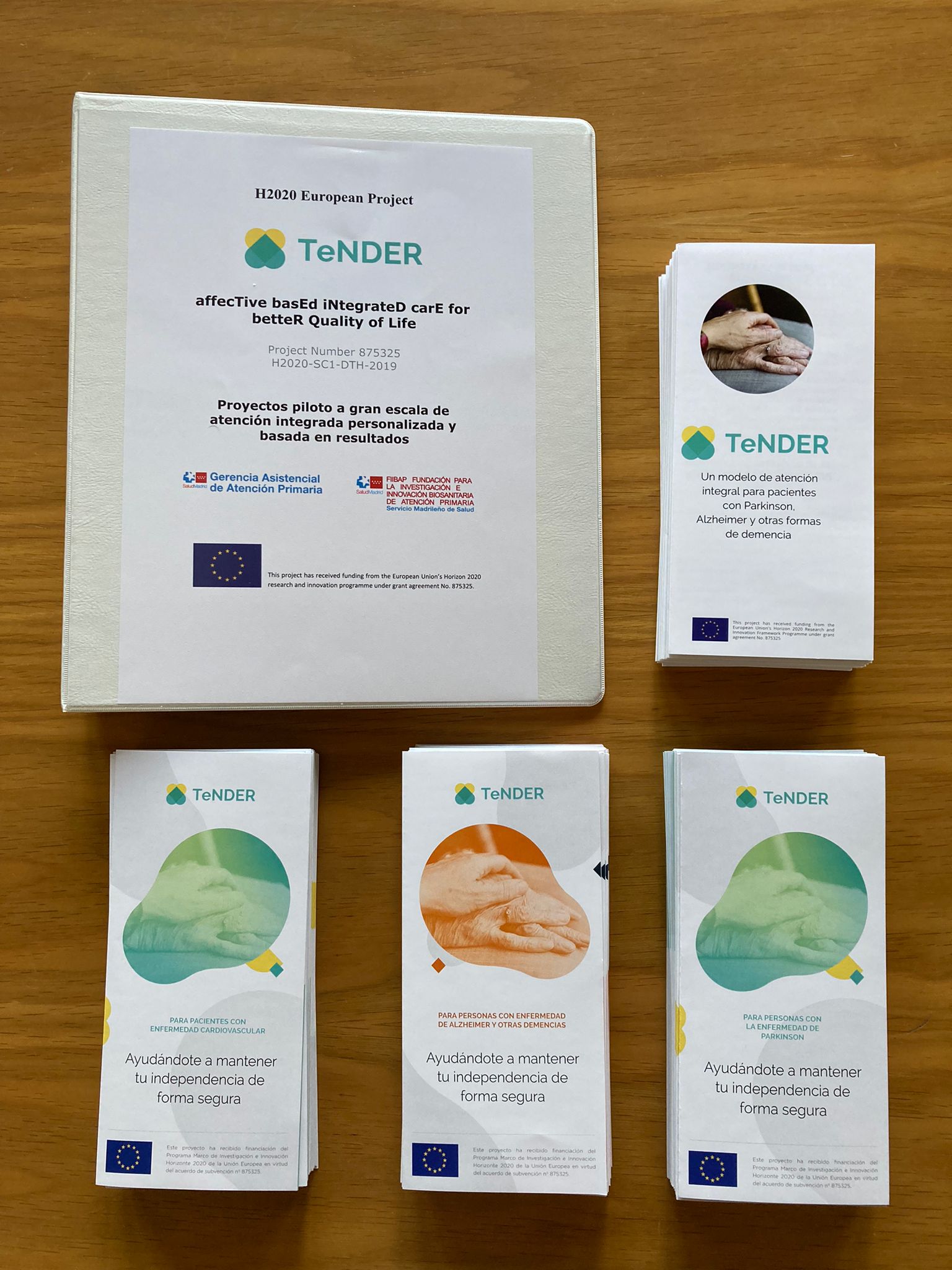
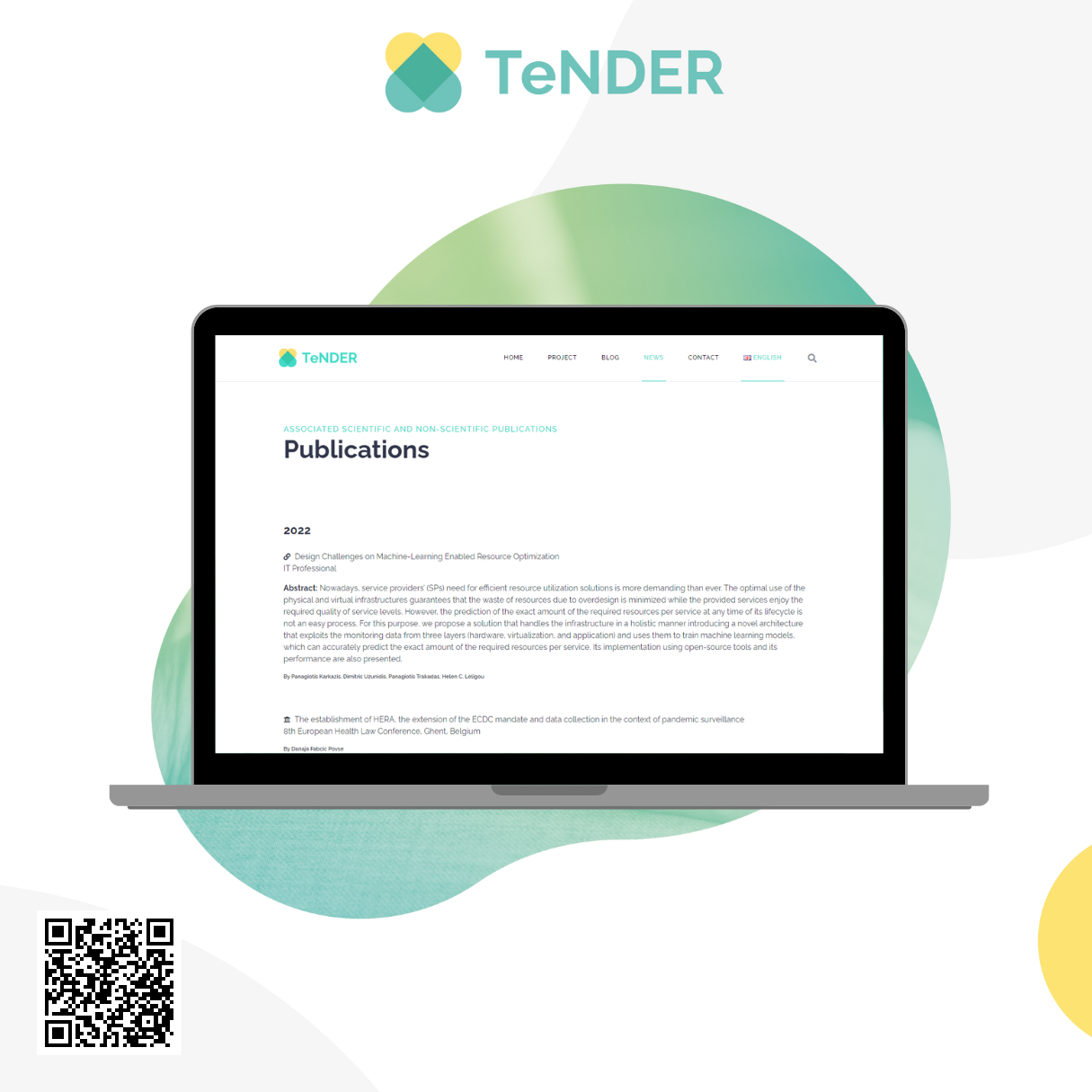
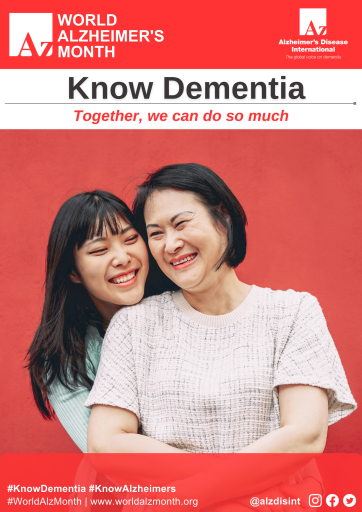
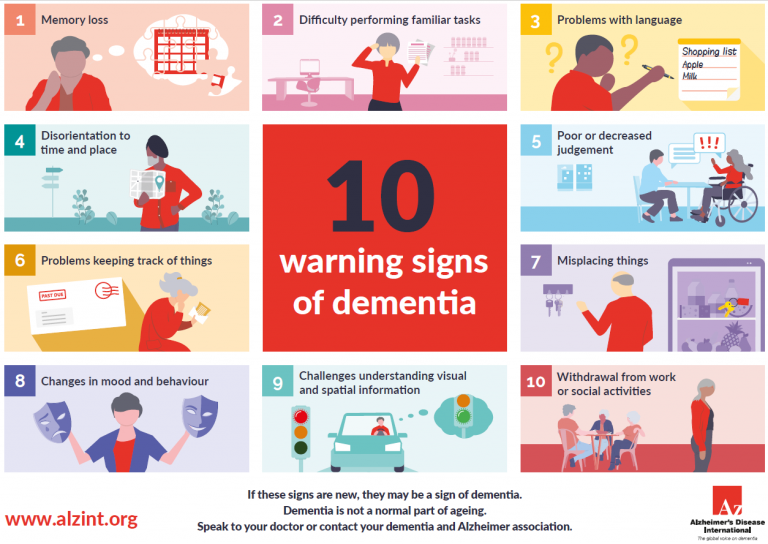
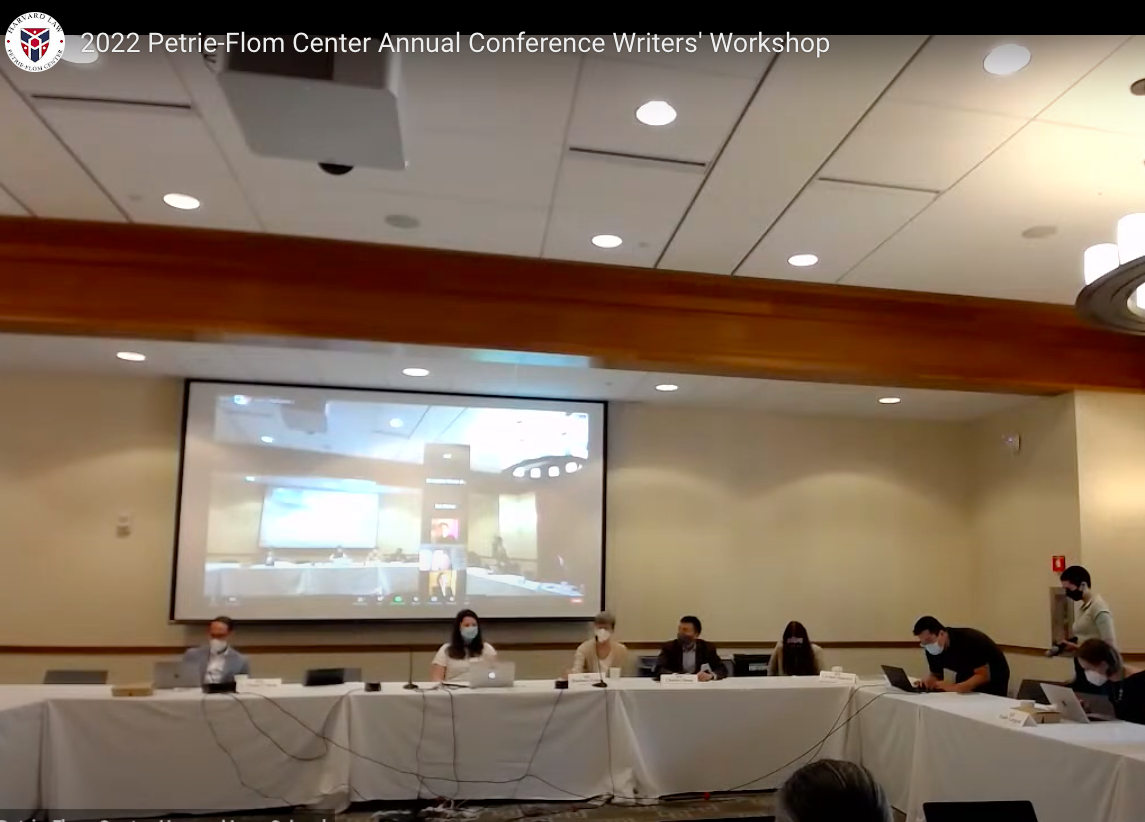
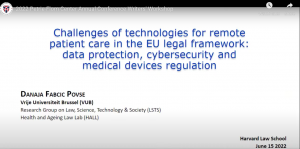 challenges EU law presents for remote patient care technologies, drawing upon the early results of the TeNDER project concerning data protection, cybersecurity, and regulation of medical devices.
challenges EU law presents for remote patient care technologies, drawing upon the early results of the TeNDER project concerning data protection, cybersecurity, and regulation of medical devices.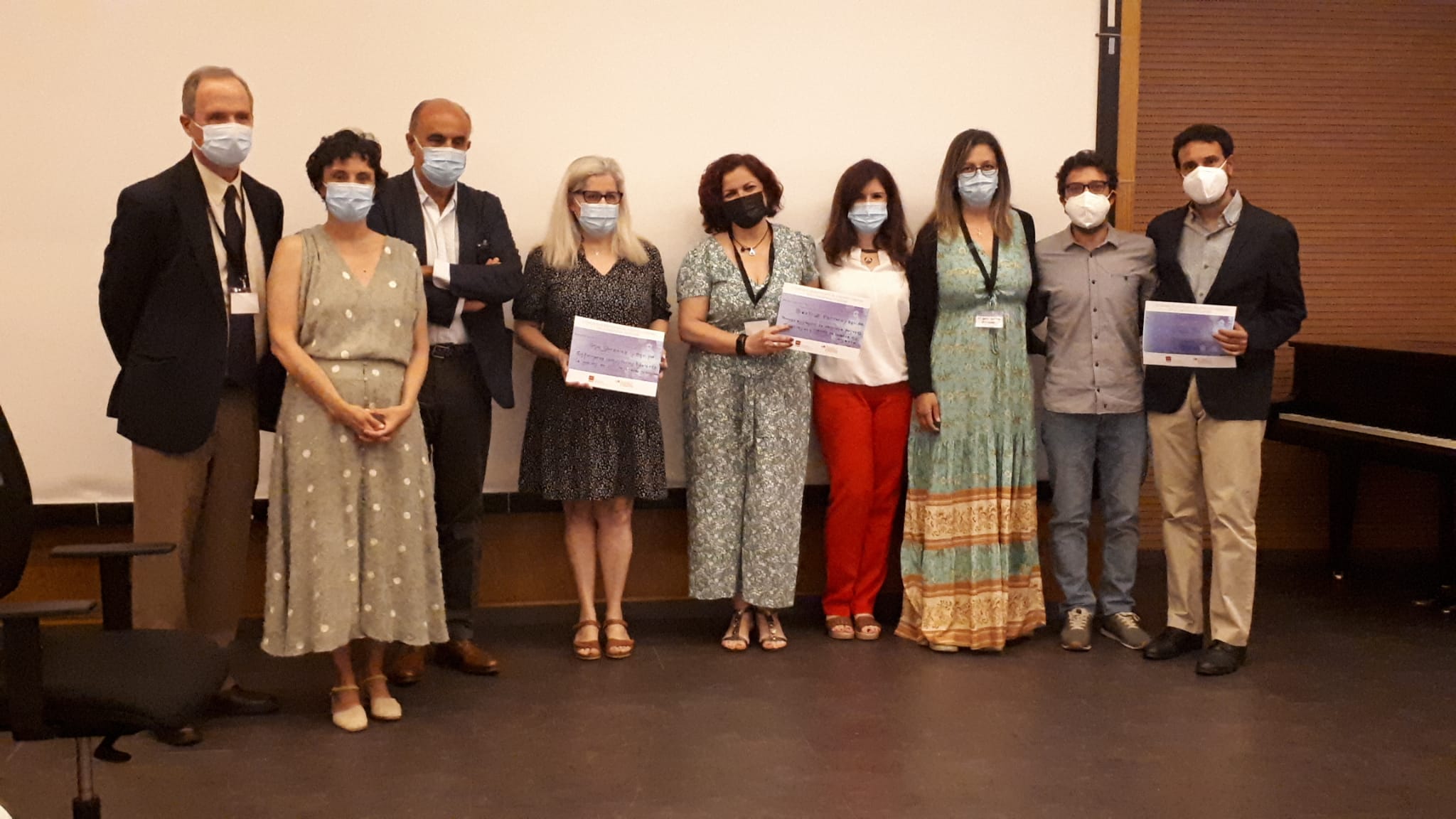
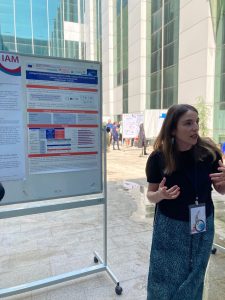

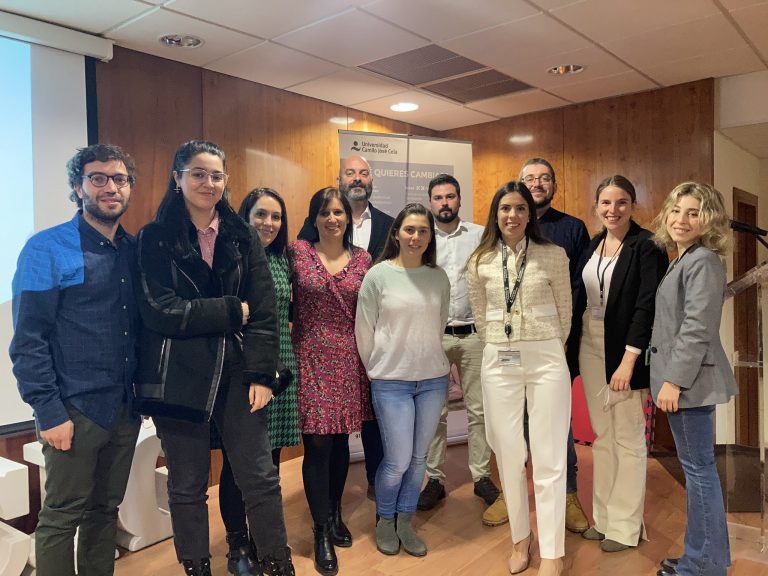

 TeNDER will soon join EU-funded innovations already showcased on the European Commission’s
TeNDER will soon join EU-funded innovations already showcased on the European Commission’s 
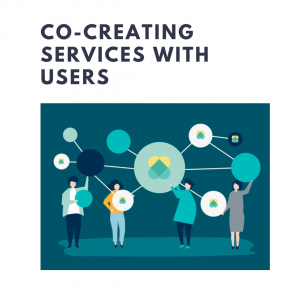 We are happy to announce that our partners at
We are happy to announce that our partners at